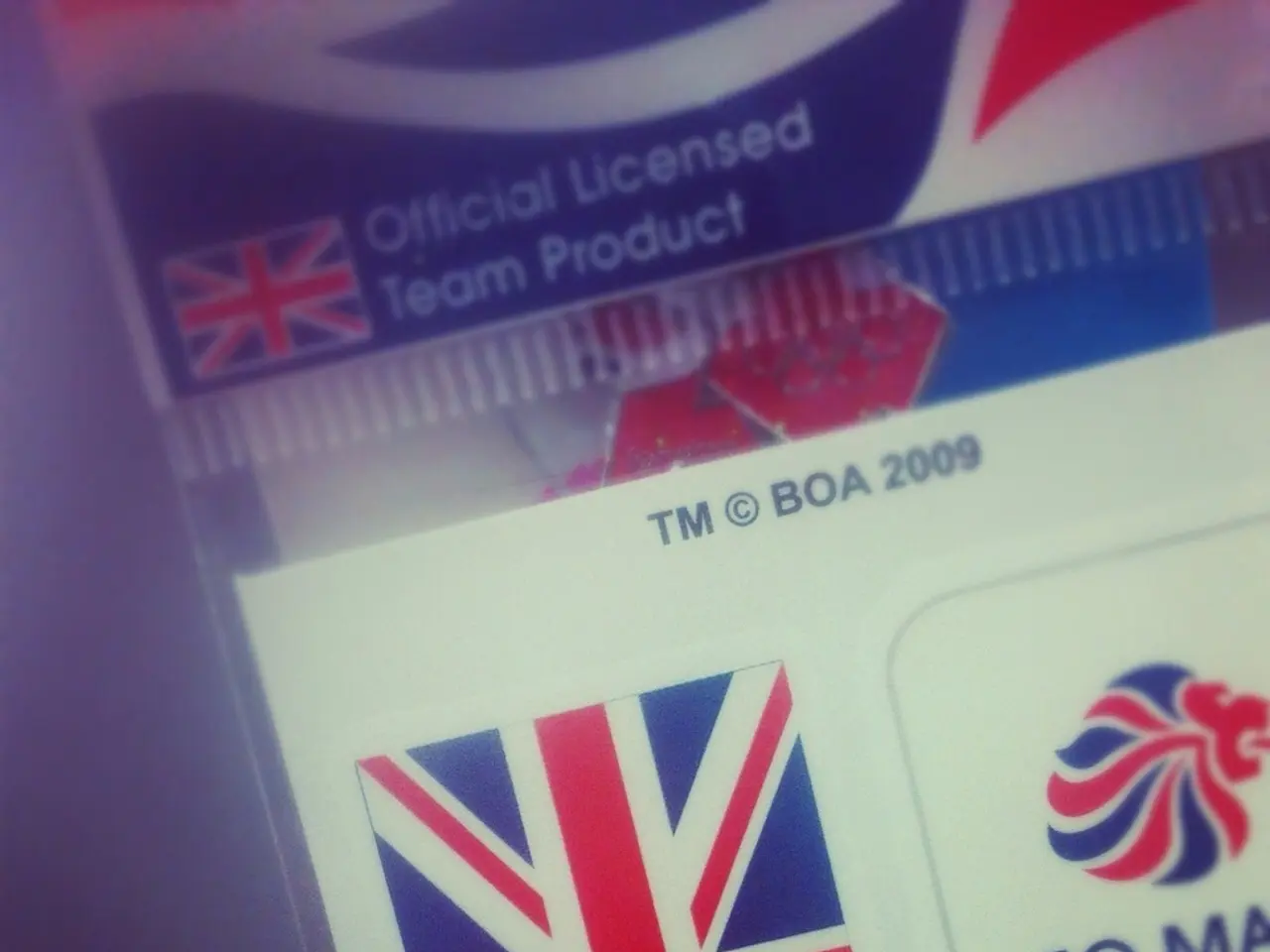Consequences for All Parties If Westminster Approves Inadequate Online Regulation
The UK's Online Safety Bill, designed to moderate unlawful content, is facing concerns about its potential impact on free expression and privacy. As Parliament considers significantly amending the Bill, the aim remains to fulfill its stated purpose effectively while addressing these concerns.
Recent government decisions, including delays and attempts to amend the Bill, have been met with criticism by privacy groups such as the Open Rights Group. They claim that these decisions do not adequately protect free speech or privacy for millions of UK users, particularly in relation to chat privacy.
In response to these concerns, the language of the Bill is being considered for alteration. One proposed amendment seeks to exclude private messaging services from the Bill's scope, aiming to strike a balance between safety and privacy.
Meanwhile, Ofcom, the UK regulator, is actively implementing the Online Safety Act. They have published Codes of Practice to guide companies in fulfilling their legal duties to keep users safe online, including children. These codes are being strengthened based on feedback from civil society and other stakeholders, suggesting ongoing refinement that may impact free expression and privacy considerations.
Parliamentary debates continue over online communication offenses linked to the Bill’s enforcement framework, highlighting tensions between policing harmful content and protecting freedom of expression. Some members of the House of Lords have called for reconsidering or scrapping certain non-hate online speech offenses to avoid restrictions on free speech.
As of July 2025, specific proposed amendments designed to explicitly safeguard free expression and privacy—without scrapping the Bill entirely—are not detailed in public materials. It may be that such amendments are still under negotiation or have not been published publicly in detail.
For the latest and most precise status, consult official UK parliamentary records or statements by the Department for Digital, Culture, Media and Sport (DCMS), or key advocacy groups like Open Rights Group as the Bill progresses.
In summary, while free expression and privacy concerns have been raised strongly, the specific amendments proposed to protect these rights without scrapping the Bill entirely remain unspecified in public materials. The ongoing debate and implementation efforts demonstrate the importance of balancing safety, privacy, and free expression in the digital age.
- The Online Safety Bill's potential impact on free expression and privacy remains a subject of concern, with privacy groups like the Open Rights Group advocating for amendments to protect these rights effectively.
- The proposed amendment to exclude private messaging services from the Bill's scope aims to strike a balance between ensuring safety online and preserving privacy.
- The ongoing refinement of the Ofcom's Codes of Practice, which guide companies in fulfilling their legal duties, highlights the importance of free expression and privacy considerations in digital communication.
- The future of specific amendments designed to explicitly safeguard free expression and privacy within the Online Safety Bill is uncertain, as further negotiations may be ongoing or not yet publicly detailed.








